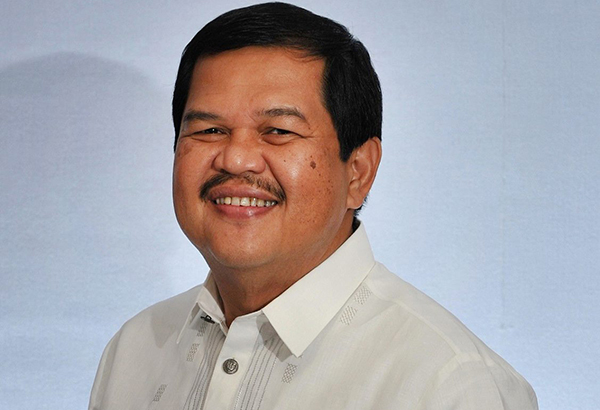Philippines: BSP keeps focus on inflation target
MANILA, Philippines — The Bangko Sentral ng Pilipinas (BSP) reiterated it is not expected to move in synch with the tightening moves of some central banks in advanced economies.
BSP Governor Nestor Espenilla Jr. said monetary authorities are focused on promoting price and financial stability conducive to a balanced and sustainable economic growth.
“Our monetary policy is independently focused on meeting our inflation target,” he said.
Based on the latest assumption of the BSP’s Monetary Board, inflation is seen averaging 3.2 percent between 2017 and 2019, well within the two to four percent target.
Inflation averaged 3.1 percent in the first nine months of the year despite kicking up to a five-month high of 3.4 percent in September from 3.1 percent in August.
Upside risks to inflation include the government’s fiscal reform program and pending petitions for adjustments in electricity rates.
On the other hand, the possibility of slower global economic growth due to policy uncertainty in advanced economies and geopolitical tensions continue to be the main downside risk to inflation.
The Bank of England raised interest rates last week for the first time in a decade to contain an increase in inflation stoked by the decision of the United Kingdom to leave the European Union otherwise known as Brexit.
On the other hand, the US Federal Reserve kept interest rates unchanged last week but hinted it is on track to lift borrowing costs again next month due to solid economic growth and the strengthening labor market.
The US Fed raised benchmark rates twice this year, one last March and another one last June, as path of the normalization path it is taking.
US President Donald Trump has also appointed Jerome Powell as the next chairman of the US Fed replacing Janet Yellen.
Likewise, the European Central Bank left benchmark rates unchanged but extended its quantitative easing program for another nine months beginning January at a reduced volume.
The biggest concerns of Philippine monetary authorities include domestic price as well as liquidity conditions.
Latest data from the BSP showed liquidity or the amount of money circulating in the financial system rose 14.5 percent to P10.14 trillion as of the end of September.This was slower than the 15.4 percent growth registered in August.
On the other hand, credit growth in September was faster at 21.1 percent to P6.76 trillion compared to 20.4 percent in August due to the strong demand for funds to bankroll the expansion program of corporate and individual borrowers.
Robust domestic demand and the benign inflation environment have allowed the BSP’s Monetary Board to keep an accommodative stance keeping interest rates steady over the past three years. It last raised benchmark rates in September 2014.
The next rate-setting meeting of the Monetary Board is scheduled on Thursday.
Source: http://www.philstar.com/business/2017/11/05/1755601/bsp-keeps-focus-inflation-target


 English
English




